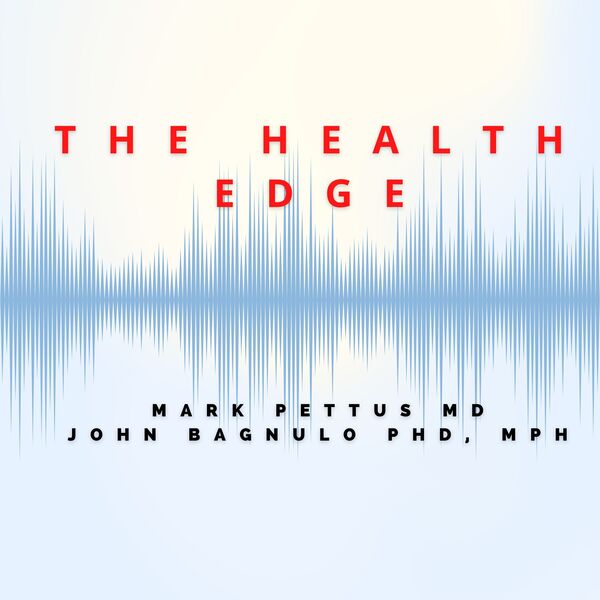In part 1 of this two part series, John and Mark discuss the important role that environmental exposure to heavy metals plays on human health. They discuss common sources of heavy metals and appropriate testing to determine total body burden. In part 2 they will focus on treatment with detoxification.
Health Edge- Heavy Metals Part One Show Notes

2 thoughts on “The Health Edge: Heavy Metals-Part One”